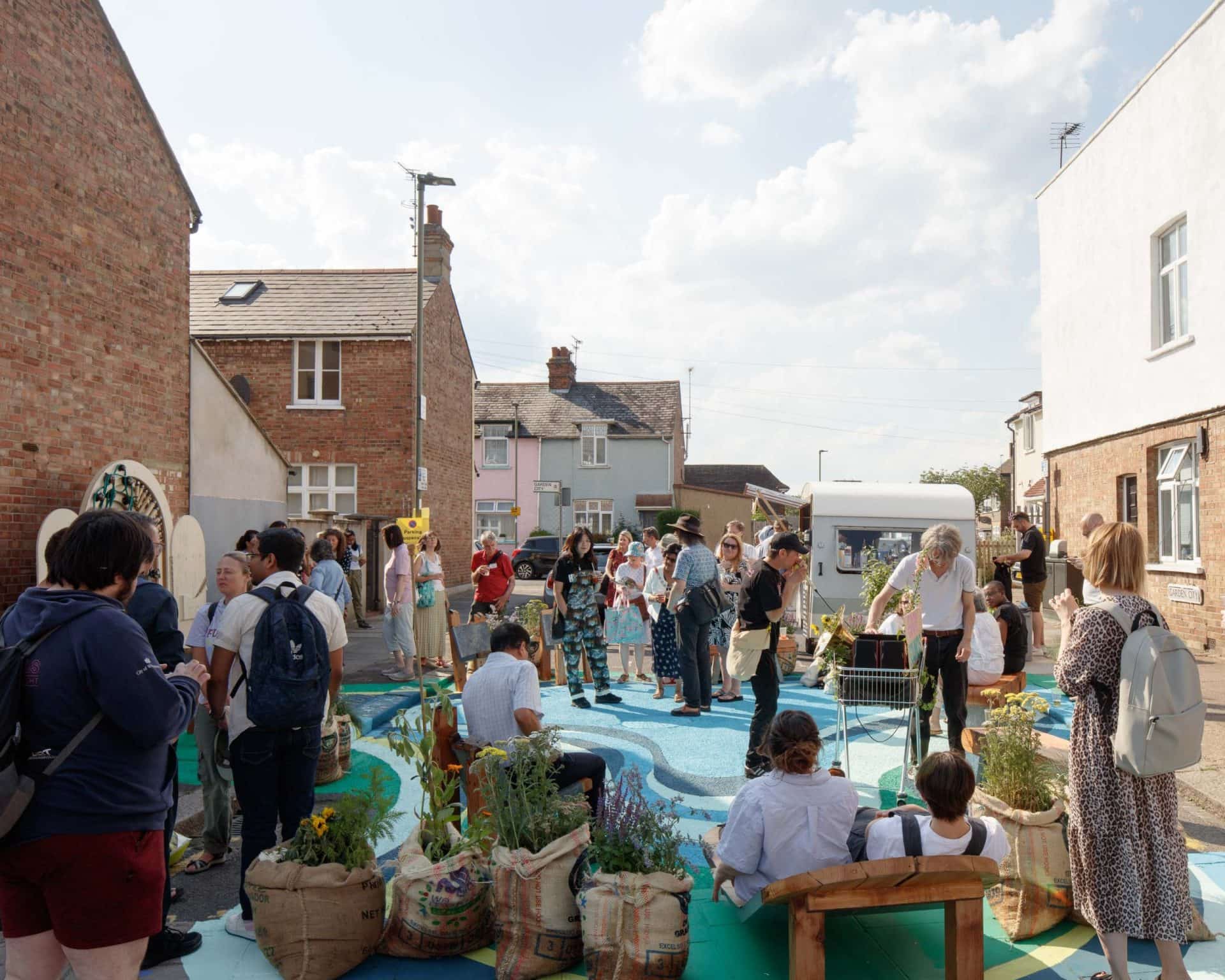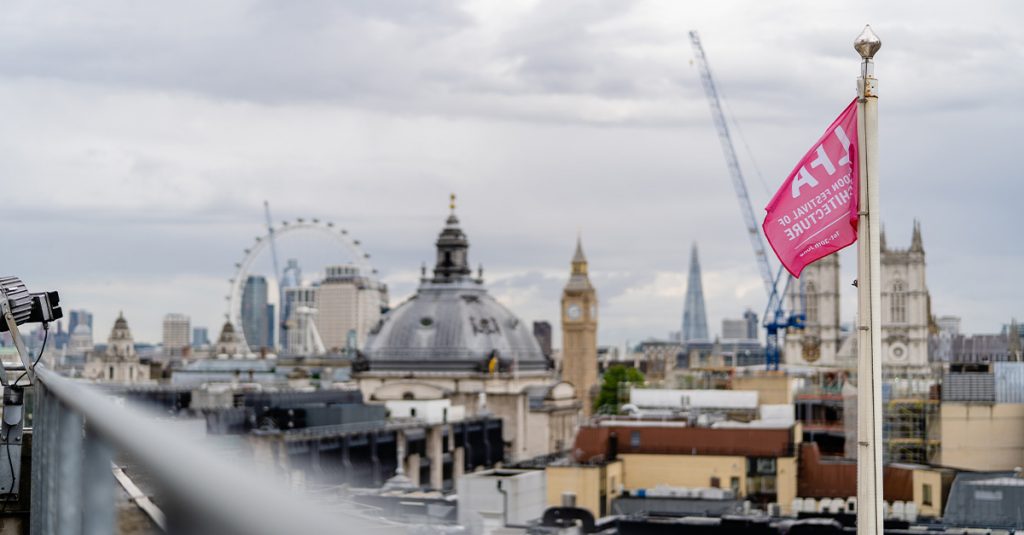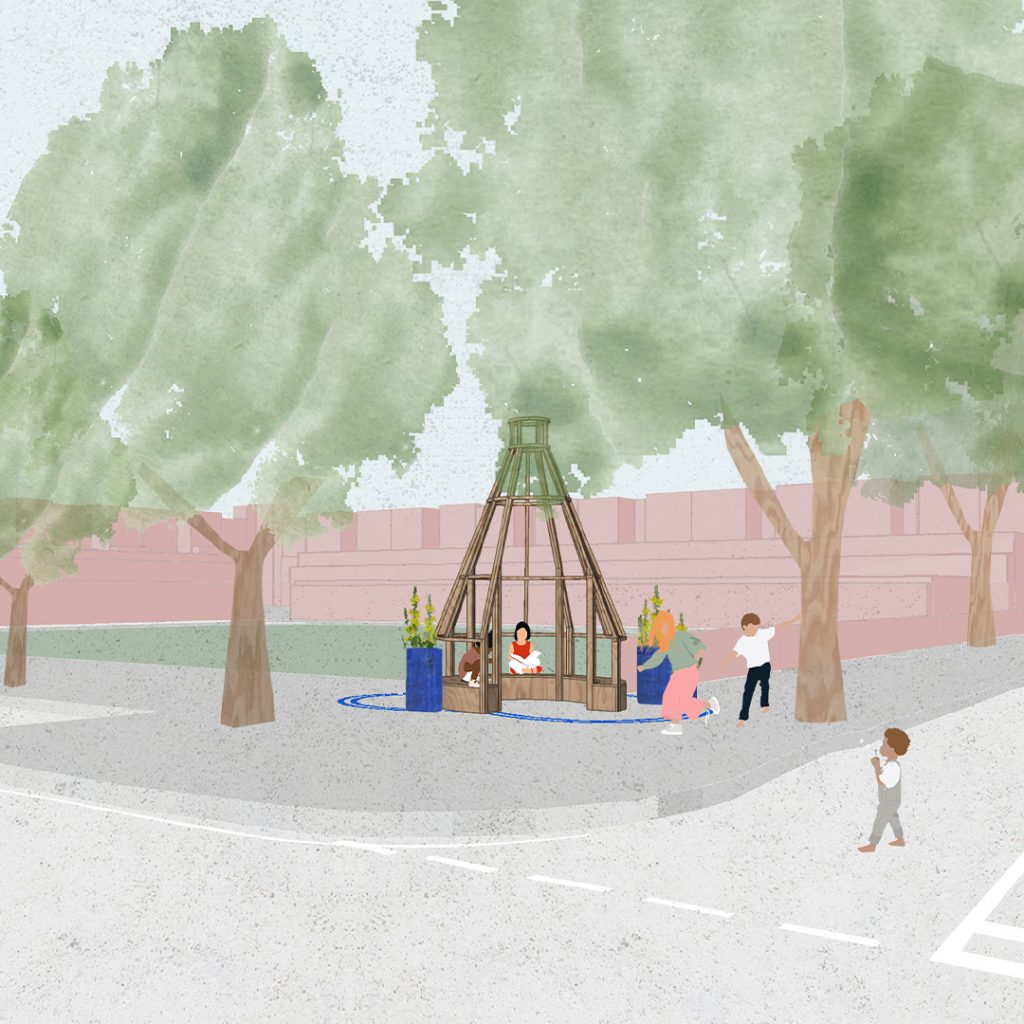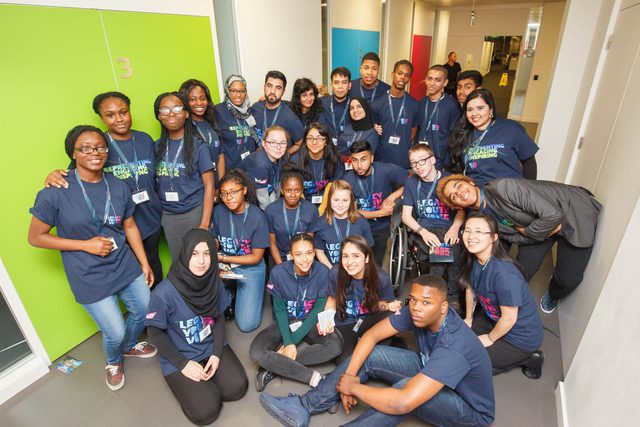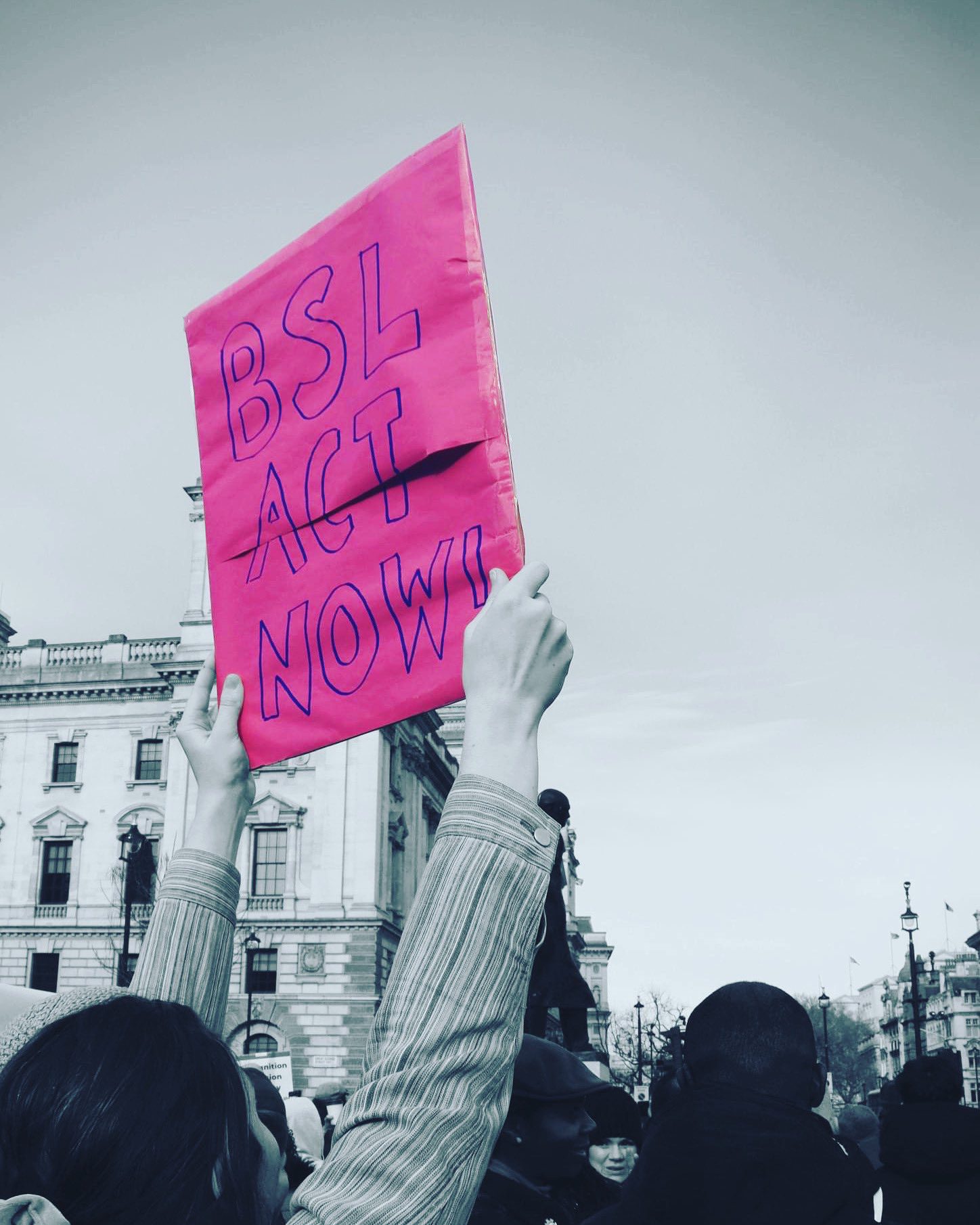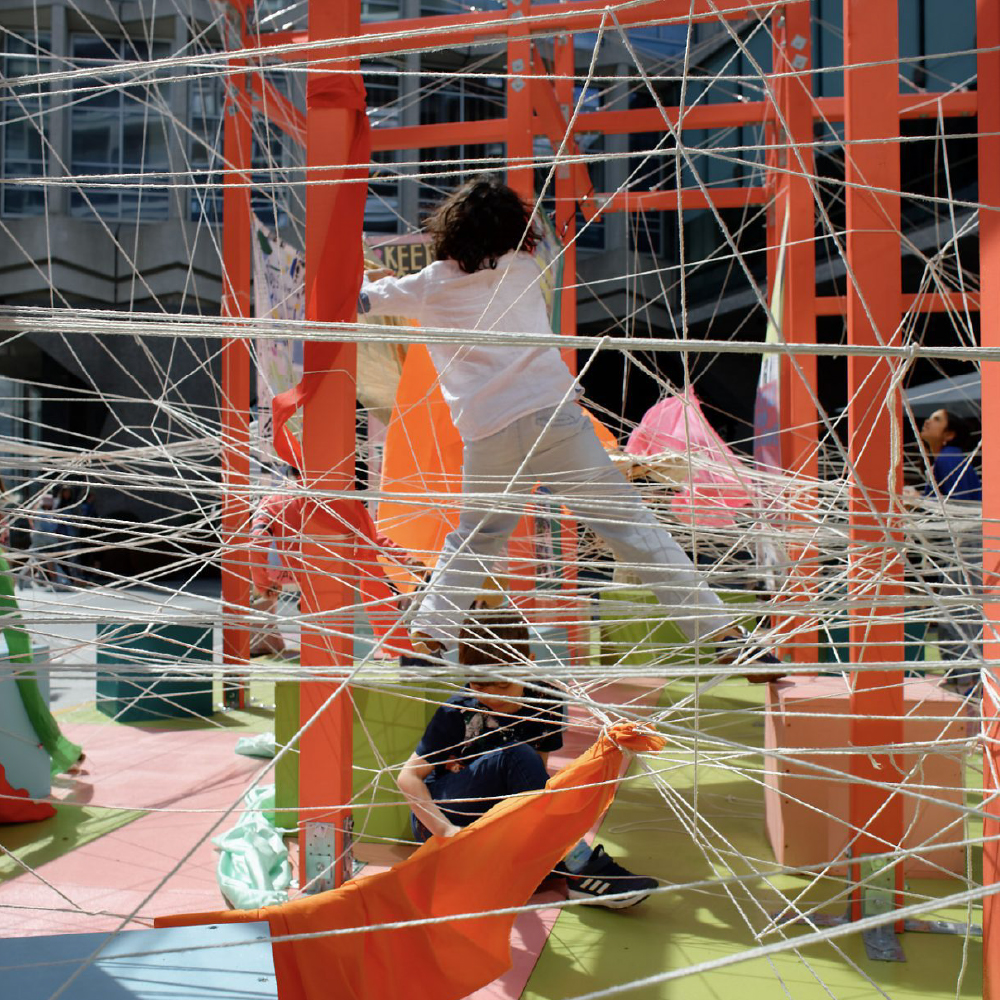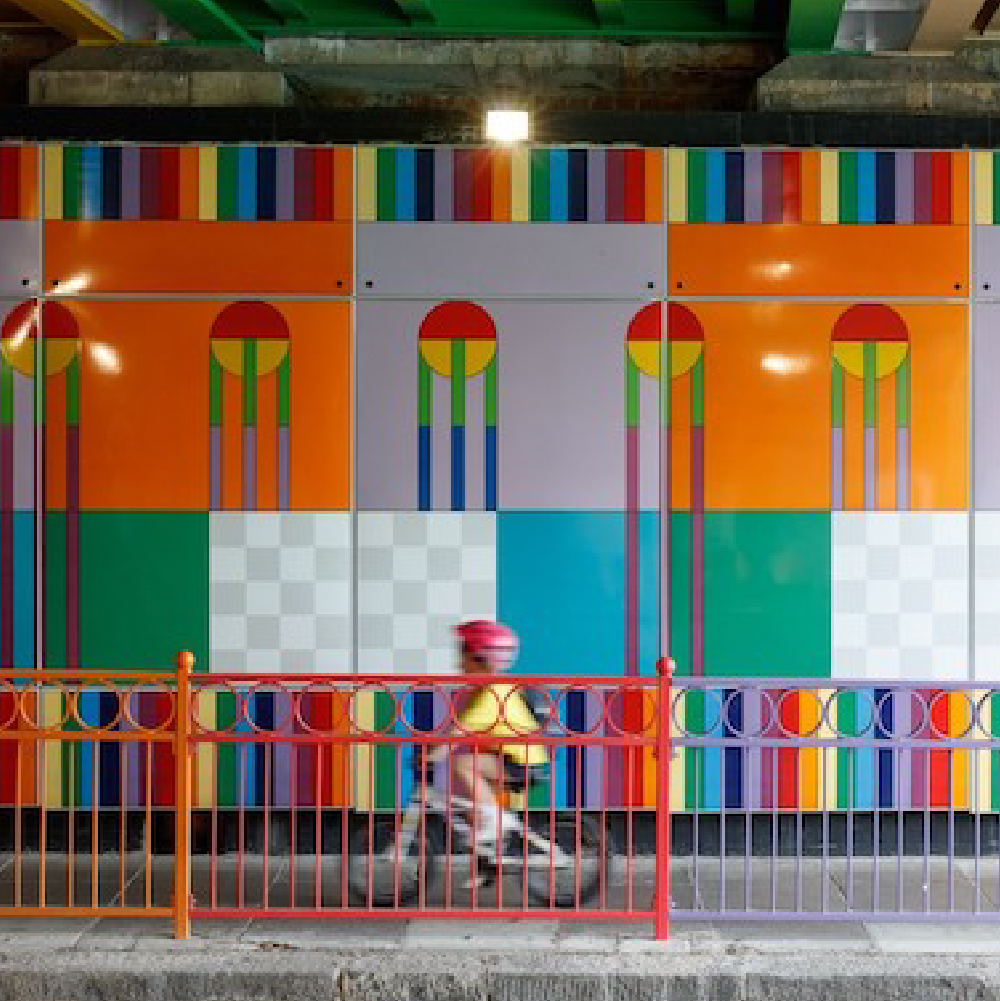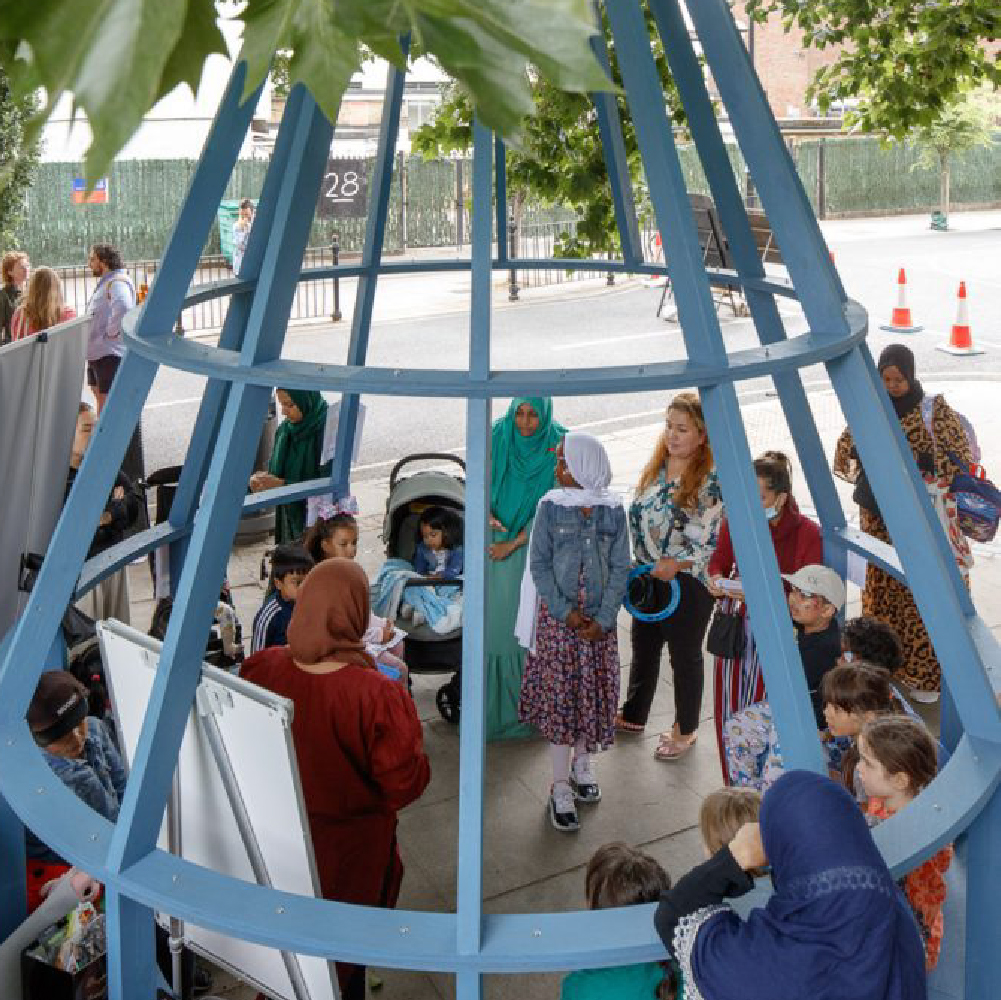
Dietmar Rabich
What’s the point of being powerful unless other people know how powerful you are? That line of thinking has led countless men – and it was usually men – to commission giant buildings to demonstrate their power and wealth.
From Parliament to Buckingham Palace, architecture is used as a sign of power everywhere. To walk through London is to see the city’s legacy of competing religious, regal, political, military and commercial powers all vying for prominence in built form.
More recently perhaps we’ve tended to put a stop to vanity projects including the Garden Bridge and the Tulip Tower. But aren’t the vanity projects of yesteryear the architectural endowment of London today?
Every year the London Festival of Architecture (LFA) takes on a different theme to spark debate and to inspire event organisers to come up with a programme that is unique to the festival, and one that can only be seen in London in June.
Unlike many other festivals the LFA is not a top down organisation. It’s not ‘done by us for you’. On the contrary, the LFA strives to democratise the discussion around architecture and our city by expanding the range of people who hold events. We work hard not just to engage more people to come to the festival, but to encourage more people to become event organisers. Through the festival organisers get their voices and ideas heard.
Last year 300 unique individuals and organisations came together to stage more than 566 events as part of the festival – including debates, installations, exhibitions, lectures, open studios, workshops, tours and much more. In 2019 these organisers collectively helped us to meaningfully engage more than 800,000 people. What’s the point of a festival unless you reach a wide audience?
Choosing a theme for a festival might seem like a simple job. Over the last few years we’ve explored architecture through our themes of memory, community, identity and boundaries.
Each year we want a theme that is not just current and relevant to a wide public audience, but one that lets people tackle tricky issues affecting the profession and wider society. And one too that gives an opportunity to celebrate and tell a positive story.
This year as we discussed various possible themes with our friends and partners, we realised everything kept coming back to power. But power is not just about who’s in charge.
Although political power touches almost everything to do with architecture, there is also the very literal and very pressing issue of how we power our buildings and our cities.
With many in the profession declaring a ‘Climate Emergency’, the idea of power as energy has crept up the political agenda. From fuel cells in basements to solar panels on roofs – where does our power come from and who’s going to be supplying it? Who are the architects leading this green revolution and taking real action to address our use of power?
From Extinction Rebellion to the Architects Declare movement, we are also seeing a huge return of people power. How is the rise of powerful protests and community action affecting architecture?
A nation’s Hard Power – its military forces – play a role in exerting its will around the world. By contrast ‘Soft Power’, the term coined by Joseph Nye, is a nation’s ability to influence others through cultural means. Architecture has always played a huge part in our soft power arsenal. Both from our stunning buildings in London which draw huge crowds here – to the London-based architects taking their designs and building around the world. As Brexit looms large, what role for architecture in our international Soft Power?
And then there’s the changing power dynamics within the profession, particularly around the role of the architect.
Despite being published in 1532 Niccolò Machiavelli’s The Prince is still arguably the greatest guide to obtaining, holding and wielding power in the modern world. Machiavelli tells those seeking power that it is better to be feared than loved. Many architects bemoan their loss of power and influence. Are architects losing their power because they want to be loved rather than feared?
These are just a few aspects of power and architecture that we hope will inspire many of the festival’s 2020 events.
But if all that sounds a little un-festive, it’s worth remembering the biggest power we possess – the power to transform lives through good design.
Architects possess tremendous power to improve our lives. Isn’t now the time, amongst all this political turmoil, that we shouted about the power of good design to change lives?
What’s the point of architects possessing great power – unless they let other people know?
- Our Open Call for events is open from 24th October until 10th March 2020. Ideas should be submitted via londonfestivalofarchitecture.org.

